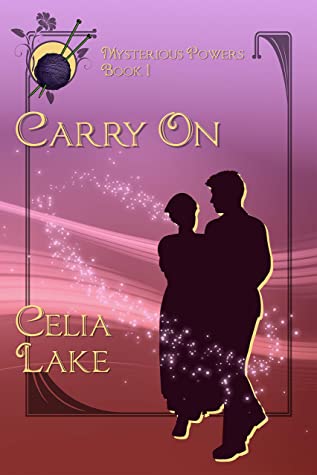If you’re interested in books, ebooks, libraries, self-publishing, or even book blogs,there’s quite a lot to interest you this week:
 The Nation has published a long, thoughtful piece on “The Amazon Effect” by Steve Wasserman. A history of Amazon’s rise as well as an examination of its tactics and its future, the article is well worth reading.
The Nation has published a long, thoughtful piece on “The Amazon Effect” by Steve Wasserman. A history of Amazon’s rise as well as an examination of its tactics and its future, the article is well worth reading.
Macmillan and Penguin respond to the DOJ ebook price-fixing lawsuit… (Laura Hazard Owen, PaidContent)
… and so does the public. (Laura Hazard Owen, PaidContent) By the way, if you want to express your own opinion on this lawsuit, the DOJ is accepting letters until June 25. Dystel & Goderich Literary Management has published the DOJ contact information on their blog. (They favor Apple and the publishers in this suit, but the contact information is the same regardless of which side you support.)
The ebook price-fixing lawsuits aren’t the only ones dealing with books and new technologies. Though it hasn’t gotten as much public attention, Google’s practice of scanning books spawned a long-running lawsuit. This week, a judge allowed authors and photographers to pursue class action against Google. (Jeff John Roberts, PaidContent)
Momentum Books announced it will be the second Macmillan imprint (subsidiary) to drop DRM. It’s an Australian subsidiary, but its ebooks are available elsewhere, including in the U.S. (Momentum Books Australia should not be confused with the small regional U.S. press of the same name.)
The New York Observer writes that “Self-Publishing is a $500-a-year Gig: How Kindle is Losing You Money.” If you read this one, read the comments, too, as they frequently disagree. The Guardian has a related article.
NPR offers a piece on how “Libraries Grapple with the Downside of E-books.” You can read the transcript, or listen to the interview.
This week saw two articles on bundling ebooks with print books, one by Philip Jones and the other by Nick Harkaway, both on the FutureBook blog. Personally, I’ve been wishing for this for a while, but it still doesn’t look likely, at least at a price I can afford.
Apparently, enhanced ebooks aren’t particularly good for children, at least in terms of remembering content and building reading skills, according to research from Sesame Workshop’s Joan Ganz Cooney Center. (Laura Hazard Owen, PaidContent)
Are we headed toward a rating system for YA books? The Agnostic, Maybe blog takes a look at the issue.
If you’re an author, GalleyCat has a list of free sites on which to promote your ebook. (Of course, if you’re a reader looking for free, low-priced, or self-published ebooks, these sites might be useful to you as well.)
The Book Smugglers think about “Maintaining Independence and Integrity” as book bloggers. (This is part of the On Blogging: An Unconventional Blog Tour initiated by the Stacked blog.
Also part of the On Blogging tour: MotherReader admonishes book bloggers to “play nicely”. Like the Book Smugglers, she makes some excellent points. I wish all bloggers would follow her advice!
Guest blogger Kate Browne, an Australian journalist and mother, rails against the PC updating of Enid Blyton’s children’s books on the Free Range Kids blog.



































